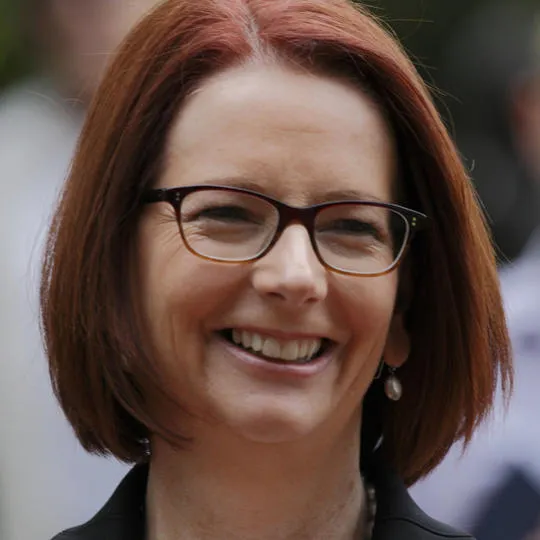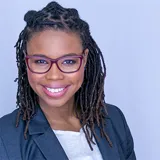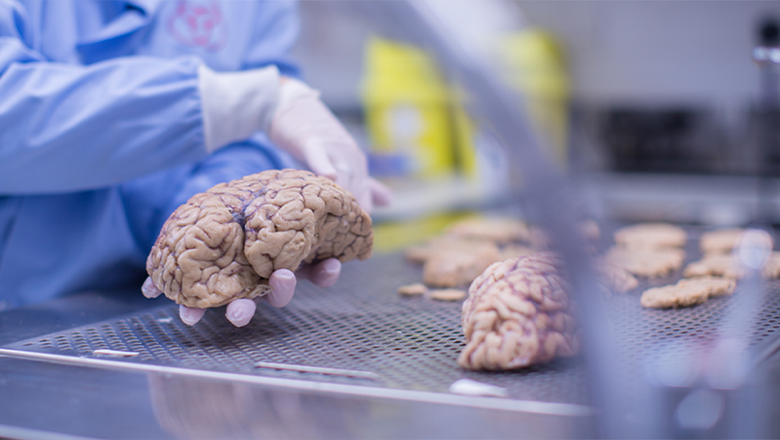International Women’s Day, celebrated on 8 March each year, is a chance to celebrate the social, economic, cultural and political achievements of women. But it is also a chance for collective action; it is a day for people and organisations to come together everywhere to drive action and create a fairer world for all. Gender equality, especially in leadership, leads to societies that work better for everyone – evidence shows that it leads to healthier and safer communities, economic success and stronger democracies.
The Global Institute for Women’s Leadership (GIWL) at King’s College London was set up with the aim of creating a world in which being a woman is not a barrier to becoming a leader. Led by Julia Gillard, former Prime Minister of Australia, GIWL is working to ensure women of all backgrounds have fair and equal access to leadership, from CEOs and global leaders, to leaders of grassroots organisations and those with roles in local communities. This work is being made possible thanks to the generosity of our donors.
Organisations have spent countless hours and huge amounts of money on initiatives to improve gender equality, but progress has been slow. According to the World Economic Forum, if we continue to progress at current rates, closing the global economic gender gap will take over 130 years. Being based at King’s, GIWL is uniquely placed to make use of the skills, expertise and robust academic portfolio of the university, as well as its national and international networks. From this base it can use rigorous research to drive changes in practice and advocacy - maximising progress towards gender equality.
To ensure that leadership and equality is genuinely accessible for all, it is also vital for GIWL to look at how gender intersects with other issues, including race, ethnicity, disability and socioeconomic status. Aleida explains the importance of this in her work:
How GIWL wants to make a difference
Aleida’s research is just one example of the vital work being carried out by the team at GIWL. Gender relations are not static and GIWL was set up to be agile, adaptable to evolving needs in an ever-changing world. Their other current areas of focus include:
- The effect of government COVID-19 policies. Do they disproportionately affect women, and will this lead to a more difficult economic recovery?
- Which interventions work best to accelerate women’s progression in the workplace?
- What is the current state of women’s leadership globally, and how is this changing over time?
- How do representations of women in the media affect women and leadership?
- What impact to women do political leaders have on women’s political aspirations and policy outcomes globally?
Building a strong network of supporters and advocates has been key to GIWL’s success. Through philanthropic support GIWL has been able to grow and diversify their research. Thanks to supporters who are passionate about gender equality in leadership and accelerating the pace of change. To learn more about opportunities to support and help advance gender equality in leadership, please contact our team.
If you would like to find out more about GIWL, or how you can help drive change and create a fairer world for everyone, visit their website at https://www.kcl.ac.uk/giwl.




